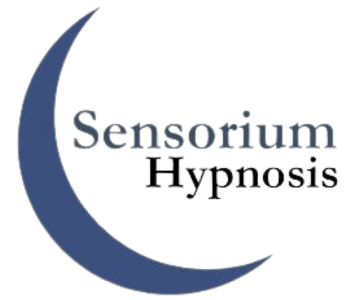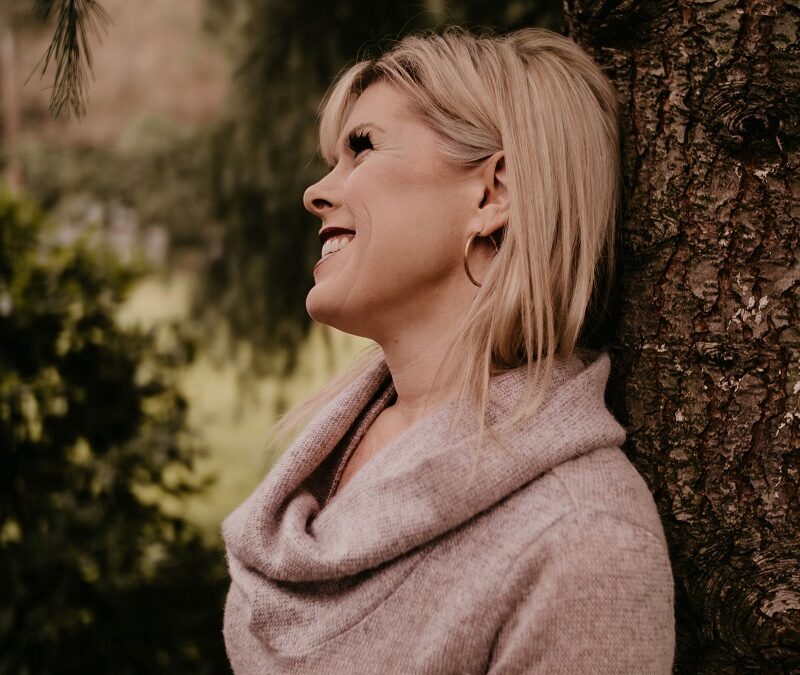Every week a new client enters my space with stories of childhood abuse and neglect: Empty kitchen cupboards; searching couch cushions for loose change to buy milk and bread; a single parent bringing home a succession of strange overnight guests or who stays out all night; exposure to alcoholism and drug addiction – mom passed out on the floor or in bed all day with a hangover; a child fending for himself when he is sick; caring for younger siblings and saddled with adult responsibilities while his own needs go unmet.
How can these heavy early life experiences not take a toll on your mental/emotional/physical health, thought processes, inner dialogue, confidence, and self-esteem? How can this not impact your future choice of life partners, your marriage, parenting, friendships and overall sense of safety and security?
Let me start by saying I’ve never met an adult child of an alcoholic or of an abusive and neglectful parent who enters adulthood unscathed. You may be a tightly wound, perfectionistic overachiever who places all your worth on measurable outcomes or quite the contrary, wander aimlessly through your personal relationships and work life functioning well beneath your full potentiality. Perhaps you are a combination of both – performing at the highest level in your career and the lowest level in your romantic relationships clinging to a dependent, underachieving or overdemanding partner.
Either way, neither path leads to a place of inner peace, good health, and harmony.
Maybe you were one of the lucky ones who found a good therapist at a young age who helped remove the shackles of your early life trauma, or you hit the sort of “rock bottom” that catapults you into an enlightened state of being. More realistically, however, this trauma hit you straight in the heart center draining out your self-compassion or motivation to live an emotionally, physically, and spiritually peaceful existence.
So how exactly do these childhood traumas and inequities tamper with our motivation? How do you know some of your undesirable behaviors are deeply rooted in earlier life experiences?
If you were the child who was sent to school regularly without a lunch or lunch money, you could conceivably carry this trauma into adulthood by overspending and overindulging on food and snacks. You may even hoard food and fill your cabinets full of items you never actually consume as a means of protecting yourself from the threat of scarcity. And while the intellect will be very inspired to lose weight, save money, and store only a reasonable amount of healthy food; the emotional body will vehemently resist such changes and mistake familiarity with safety and security.
If you grew up in a household where your parent never monitored schoolwork or performance or asked you about your day, you may come to believe that your experiences, and efforts are invisible or unimportant. Adults with these traumas may choose unchallenging jobs or positions with the hopes of flying under the radar or blending in while still earning a living. And even if you recognize this pattern of behavior has led you down an unfulfilling path, fear of failure and lack of confidence can be paralyzing and unmotivating.
Maybe there was little or no adult supervision at home, especially if mom or dad struggled with addictions and/or unsteady work. As a result, the home was disorganized, unsanitary and incredibly unpeaceful. Many adults can then be triggered and overwhelmed by too much housework or too many work tasks with deadlines. Though you clearly understand the origin of your anxiety and difficulty focusing or completing tasks, you may lack the tools or inner dialogue to turn down the volume on these emotions to a more manageable level.
What can you do if your patterns of behavior regarding food, sleep, spending, work, relationships or just about anything is too loose or too tight? Too restrictive or too undisciplined? Hypnosis may offer you some solace.
Hypnosis is about accessing, challenging, releasing, and replacing the unconscious conflicts that create resistance to change. It takes you beyond thinking into a state of feeling so that the emotional body can intuitively release trauma, uncover wisdom, and ignite your own inner healer. It helps you build a stronger foundation for understanding yourself and the world around you with more empowering perspectives, tools, and choices.
Amy is a hypnotherapist, energy healer, and metaphysical minister/spiritual counselor who specializes in Childhood Trauma Recovery. She has worked in the field of counseling and psychology for over 25 years and has been a featured instructor at Amazon. Her sanctuary for in-person sessions is located in Lake Stevens, WA. Virtual sessions are available worldwide.
Do you plan on visiting the Lake Stevens/Seattle area and wish to schedule some in-person sessions? Drop an email to amy@sensoriumhypnosis.com
Learn more about Childhood Trauma Hypnotherapy here: Childhood Trauma – Sensorium Hypnosis & Mediumship, LLC

